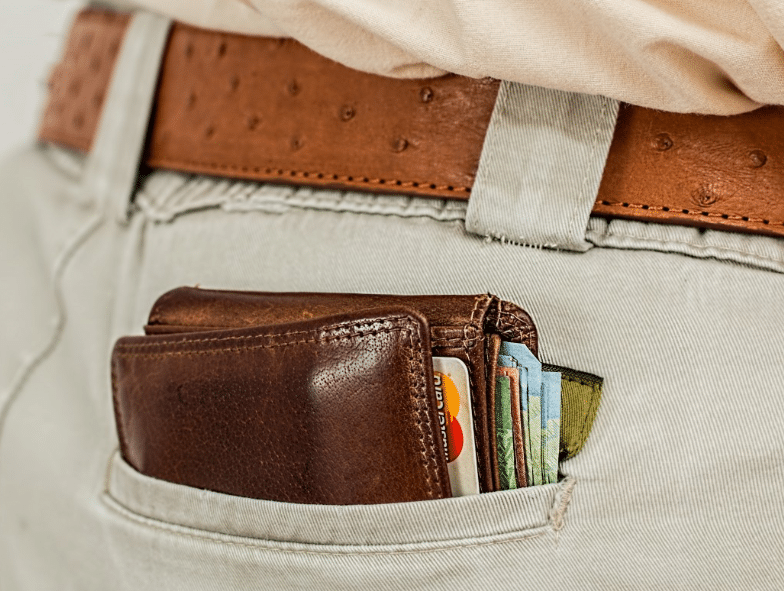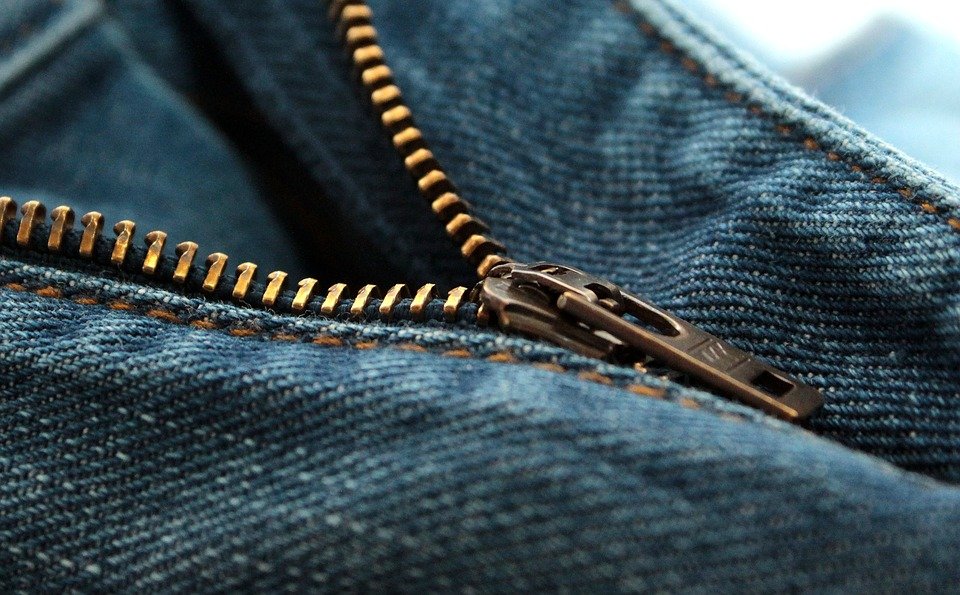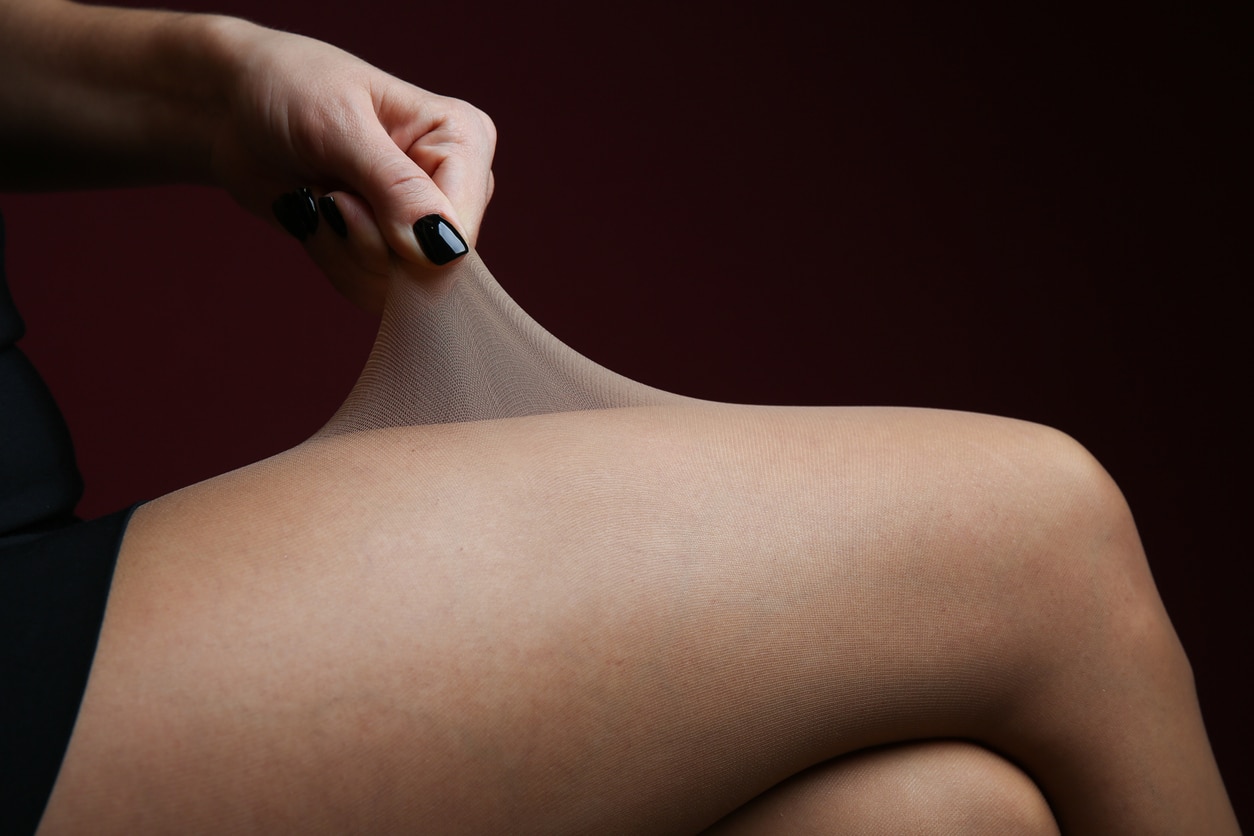Laundry is an art that can sometimes be tedious and time-consuming. Also, when preparing your washing machine for cleaning linens or clothes, you may be tempted to throw everything you have on hand into it and start the washing program a little too mechanically. . However, some things cannot be put in the washing machine. If you are not careful, you risk damaging your household appliance or damaging your clothes. Here, point by point, are the elements you need to pay attention to when filling.
1) Put too much laundry in it: the mistake not to make with your washing machine
Overloading the machine can make you feel like you’re saving time. This allows you to drastically reduce the pile of dirty laundry in the basket. However, be careful of the consequences of this bad habit. This very common error can in fact irreparably damage your device, and in particular its drum due to the weight. The door may also not close properly, which can cause leaks. Finally, the washing may be less effective and the laundry will be very wrinkled. Make sure you can always reach over your pile of laundry before closing the door.
2) Too much fabric softener, or even just fabric softener
Certainly, fabric softener gives a good smell to the laundry and reduces static electricity. However, this product still very allergenic and irritating risk ofclog the machine. This detergent leaves deposits on the components of your household appliances on which bacteria cling. Ultimately, these residues leave bad odors in the device. It is therefore better to reduce the quantities of fabric softener used, or even replace it with white vinegar. The latter has an effect anti-limescale, stain remover and deodorizerall without harming your equipment.
3) Clothes with full pockets

You might be surprised by the effects of a simple tissue or chewing gum wrapped in paper forgotten in the bottom of a pocket! And let’s not even talk about objects like keys or coins which can cause breakdowns and damage the components of the washing machine. The fibers encrusted on half of the linen and a device good for breakage are yours… To avoid technical problems, it’s simple: systematically empty all pockets.
4) Delicate sweaters, forbidden in the washing machine
Do you want to ruin your delicate sweaters, make them pill or felt and shrink in the wash? In this case, put them in the machine! It is indeed the best way to achieve this with velvet, wool or even cashmere which quickly damaged by friction and high temperatures. It is therefore better to wash them by hand or take them to the local dry cleaner to avoid disasters… If you take care of the cleaning yourself, you can use our recipe for detergent for wool and delicate laundry. This will respect the fibers of your fragile vests, scarves and sweatshirts.
5) Clothes with the zip open

It is very important to close each zipper. These zips may indeed catch on the drum and scratch it. It can also grab other clothes and damage them. On the other hand, whether classic or pressure, the buttons should never be closed before washing. With movements in the drum, they risk becoming damaged or ending up torn off.
6) Clothes covered in animal hair: avoid in the washing machine
Hairs on your clothes and blankets may cling to other clothes and the walls of the washing machine or get blocked in the pipes. It is therefore better to remove them first before putting them in the machine.
The little extra thing: Are there still hairs left? It’s understandable: they tend to slip everywhere! However, before starting the washing machine, you can add around 120 ml of vinegar to the softener compartment. Thus, its acetic acid will help release animal hair from the textile and leave it clean after washing!
7) Tights or fine lingerie: we forget!

Want to make your tights and lace underwear last longer? In this case, prefer washing by hand and with Marseille soap, which is much gentler with corsets and other bras that can deform in machine and nylon which can tear and get holes easily. Added to this is the risk that the metal hooks will catch on the drum and damage it.
8) Large objects
Even if you have a large capacity unit, it may struggle to support the weight of wet blankets or cushions. In addition, the machine becomes poorly balanced and has difficulty finding the right spin speed. In the end, the objects in question are tossed in all directions, the washing machine vibrates with an unusual noise et the spin is unsuccessful (when the blanket or duvet is not completely soaked…). So always check the load before starting the wash to preserve the machine.
10) Handbags… to avoid in the washing machine

Is it possible to machine wash a handbag? The answer is yes, sometimes. However, this depends on certain conditions. The materials which compose it are in fact most often incompatible with cleaning with plenty of water. You therefore risk damaging and deforming them. So, check the composition of the bag carefully before cleaning. If necessary, you can remove any stains with a cloth soaked insoapy water, make-up remover milk or moisturizer. Finally, for suede, think about gum.
11) No memory foam pillow in the washing machine
The cover can be machine washed. However, the same is not true for the pillow whose foam is very fragile. Your pillow could lose its shape or its support, even if washed without spinning which would leave it waterlogged. Prefer to wash it in a bathtub or sink with a little liquid detergent!
12) We also avoid ties…
The machine distorts, creases and shrinks tiesespecially when they are made of wool or silk. It’s better to treat stains with a stain remover and wash by hand if you can’t go to the dry cleaners.
13) Caps or hats: never in the washing machine

Some wash their caps in the dishwasher. However, hand washing with soap, a brush and cold or lukewarm water will do the job less risky and just as effective. In any case, avoid the washing machine and dry flat.
14) Clothes with sequins or sequins
No matter which program you choose, your shiny clothes may not hold up well when put in the machine. Some may indeed lose their shinethe sequins can come unstitched and the sequins come off with the risk that these sparkles cling to other clothes. If you are unsure, it is better to opt for a gentler hand wash.
15) Be careful with costumes
Granted, they are often primarily made of polyester. However, don’t be fooled! In fact, we very often find a interlining which gives it its shape and reinforces it. However, this type of covering does not hold up well to washing. If in doubt, take your suits to the dry cleaners!
16) And finally, no fur in the washing machine
Like leather, fur does not do well in the washing machine. It is therefore necessary to reserve specific treatment for it, most often at the dry cleaners.


